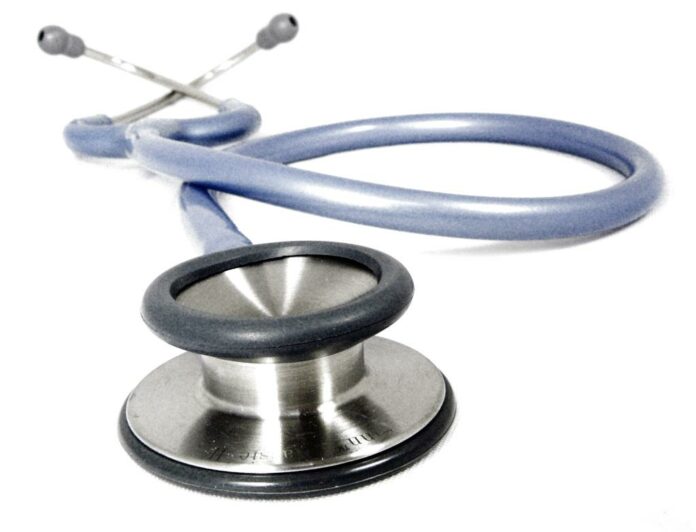A SLIGHT majority of Clare GPs are in favour of repealing the Eighth Amendment on the eve of Friday’s national referendum.
While national opinion polls have shown a lead for the Yes side in the lead-up to the referendum, local GPs are almost equally divided on this question, with 11 in favour and nine against.
According to a Clare Champion survey, seven local doctors who responded will be exercising their right to apply a conscientious objection to delivering a termination.
It also emerged that of the 20 GPs surveyed, none were consulted by the Health Service Executive or the Department of Health about how terminations will be carried out in their practice.
The Minister for Health Simon Harris has consistently stated he would like to see a GP-led service for the termination of pregnancy, if introduced in the country.
Eleven GPs who were surveyed agreed with the idea of unrestricted permission to terminate a pregnancy up to 12 weeks, without a specific reason, with eight against and one undecided.
Thirteen family doctors stated their surgery is not equipped to deal with any emergency that may arise from the prescription of miscarriage-inducing tablets, with just seven satisfied that the necessary facilities are in place to deal with this issue. All but one doctor outlined they have not received the necessary training to prescribe such tablets.
The response was the same for one of the key questions about easy access to diagnostic facilities, with 17 doctors stating they do not have timely access to ultrasound or other equipment to determine the precise stage of pregnancy.
Fifteen admitted their surgery/practice would not be able to participate in the proposed GP-led service without easy access to ultrasound.
The same number of doctors disclosed that they have provided information to a woman experiencing a crisis pregnancy on how they could obtain an abortion in the United Kingdom, which is permitted in current legislation.
Commenting on the findings, Dr Michael Harty, TD, stressed that in the event that the Eighth Amendment is repealed and enabling legislation is introduced in the Dáil allowing a termination of pregnancy within 12 weeks, sufficient resources will have to be provided to offer a safe and efficient service for women.
Expressing concern with the lack of consultation with GPs, representative bodies such as the Irish Medical Organisation and the Irish College of General Practitioners, Dr Harty claimed the Government seems to have no plan or even a costed general framework on how a GP-led service for the termination of pregnancy might work.
Dr Harty said there is no existing template that could be examined where a GP-led service is provided, as most countries use clinics, the majority of which are private, for the termination of pregnancy. He noted most of these clinics have a wide range of facilities and easy access to ultrasound scanning.
Every pregnant mother is entitled to have a scan after about 12 weeks and should get an anomaly scan, also known as a mid-pregnancy scan, between 20 and 22 weeks. The sonographer will check that the baby is developing normally and look at where the placenta is lying.
However, even before the proposed introduction of abortion, Dr Harty, who said he will be voting Yes for repeal, pointed out up to one-third of babies are being born in the public system in the Mid-West without this scan.
He stressed these scans are vital because they can identify if a baby has a serious medical condition, which merits being delivered in an appropriate specialised maternity hospital.
Describing the Government’s intention to introduce a GP-led service as “aspirational”, he pointed out most of the medical terminations in the UK are carried out in clinics.
With up to 3,000 women travelling abroad for terminations and another 1,500 taking abortion pills, Dr Harty said a plan needs to be put in place to cater for an estimated 4,500 procedures.
If all of these procedures have to be delivered through general practice or outsourced to private clinics, Dr Harty pointed out this would result in a substantial extra cost and add to the workload of GPs, who are already under-resourced.
By Dan Danaher
A native of Ennis, Colin McGann has been editor of The Clare Champion since August 2020. Former editor of The Clare People, he is a journalism and communications graduate of Dublin Institute of Technology.




